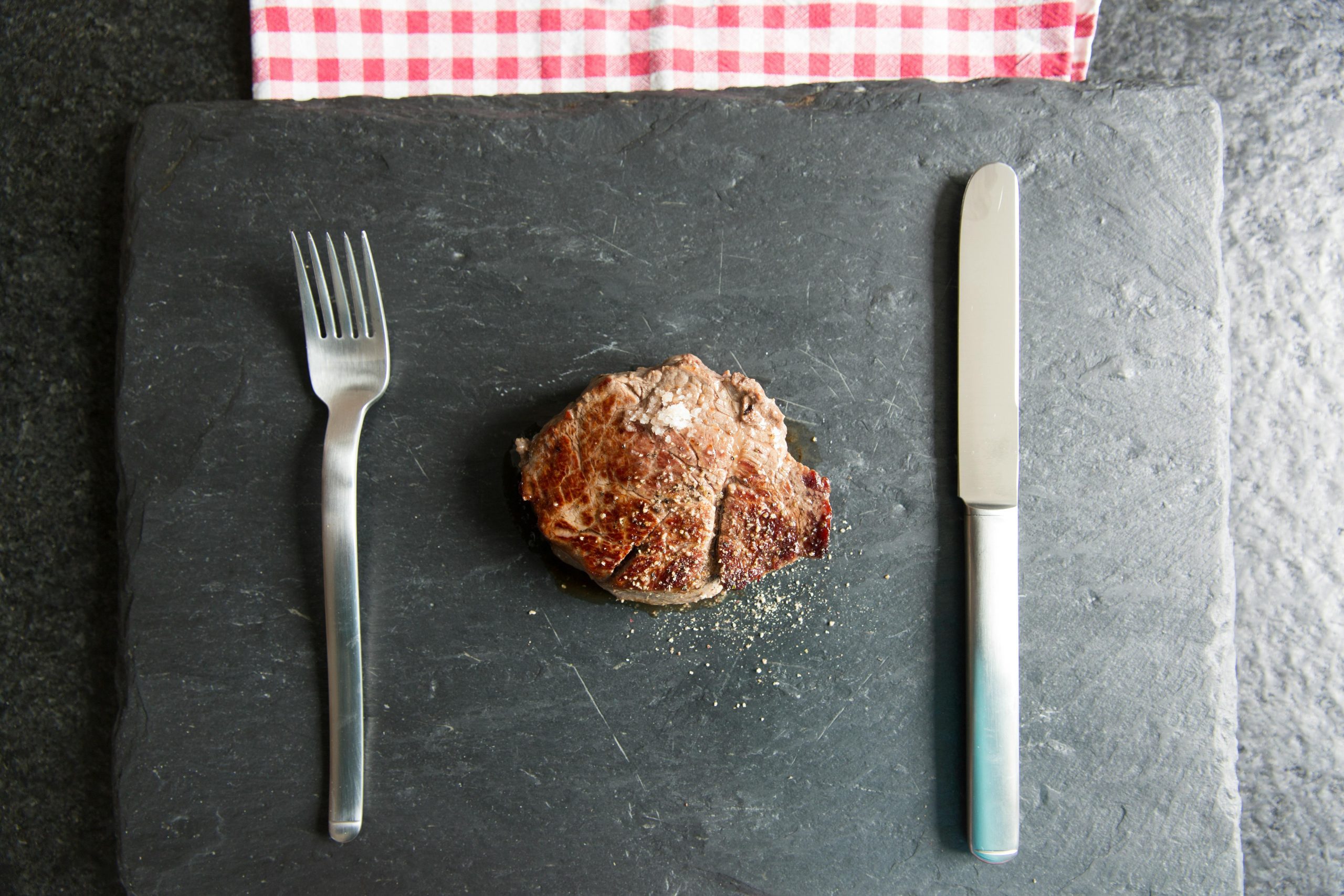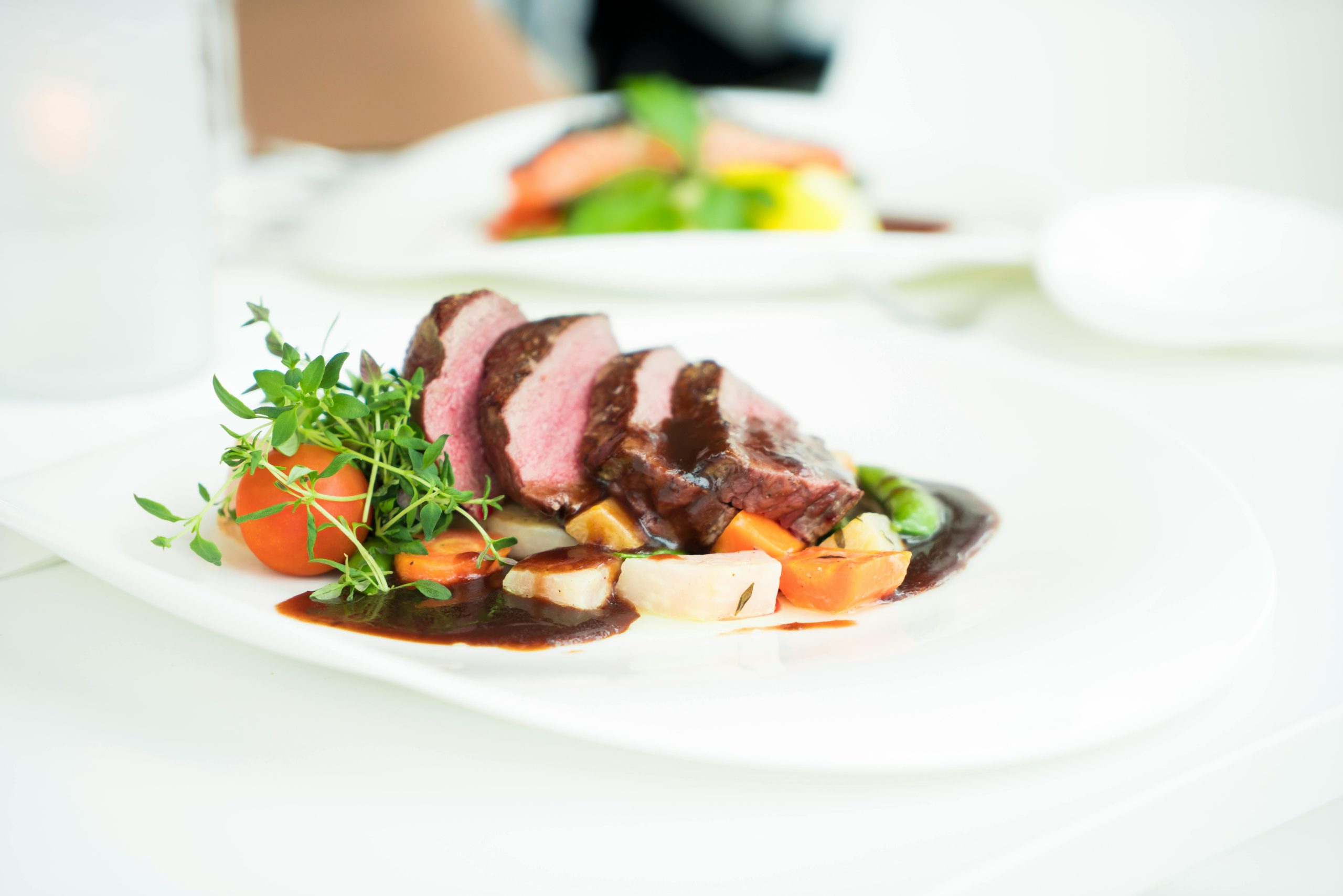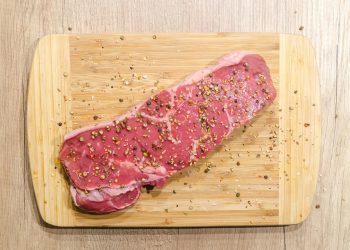The Future of Food: Scaling Up Cultivated Meat Production
The food industry is on the verge of a groundbreaking transformation, with sustainability at its core. Leading the charge are two key players: Believer Meats and GEA. This strategic partnership marks a monumental step toward scaling up the production of cultivated meat, a development poised to revolutionize the way we think about meat consumption and its impact on the environment.
Believer Meats, a pioneer in the cultivated meat sector, has been at the forefront of creating lab-grown meat. Their mission is to produce sustainable and ethical meat alternatives that align with the increasing consumer demand for environmentally friendly, animal welfare-conscious products. Believer Meats uses cutting-edge cellular agriculture to grow meat directly from animal cells—eliminating the need to raise or slaughter animals.
GEA, a global leader in industrial machinery and process optimization, brings decades of expertise in streamlining production systems. Their role in this partnership signals a shift toward commercializing cultivated meat, addressing one of the biggest challenges in the sector: scaling up production to meet the growing global demand for sustainable protein sources.

The Need for Large-Scale Production
Cultivated Meat’s Growing Demand
The demand for alternative proteins, including cultivated meat, is increasing as consumers become more aware of the environmental and ethical challenges posed by traditional meat production. While cultivated meat offers solutions to these challenges, achieving mass production is critical to making it a viable and affordable option for the average consumer. The collaboration between Believer Meats and GEA is designed to solve this issue, bridging the gap between innovation and large-scale commercialization.
Overcoming Cost Barriers
One of the main hurdles facing the cultivated meat industry is the high cost of production. Initial lab-grown meat products were prohibitively expensive, largely due to the small-scale, highly specialized nature of the production process. However, with the help of GEA’s engineering and system solutions, Believer Meats is on the path to lowering these costs. By optimizing bioreactor technology, improving cell culture media efficiency, and fine-tuning the harvesting process, the collaboration aims to make cultivated meat cost-competitive with conventional meat in the near future.
Technology at the Core of Innovation
The Role of GEA’s Industrial Expertise
GEA’s involvement in this partnership provides access to industrial-scale machinery and processes that are key to ramping up production. Their experience in industries such as food and beverage processing, dairy, and pharmaceuticals equips them with the knowledge to streamline and automate cultivated meat production. GEA’s focus on process engineering, automation, and environmental efficiency allows for faster scaling while reducing the environmental footprint of cultivated meat production.
Optimizing the Cultivation Environment
At the heart of cultivated meat production is the bioreactor—a controlled environment where animal cells grow into muscle tissue. Scaling up this process requires sophisticated machinery to ensure optimal growth conditions, including nutrient delivery, temperature regulation, and oxygenation. GEA’s expertise in designing and implementing industrial bioreactors is critical for ensuring that these cells grow efficiently, reducing waste, and increasing overall production capacity.

A Sustainable Approach to Meat Production
Reducing Environmental Impact
Traditional livestock farming is resource-intensive, requiring vast amounts of water, land, and feed. It is also responsible for significant greenhouse gas emissions, contributing to climate change. In contrast, cultivated meat has the potential to dramatically reduce the environmental toll of meat production. The partnership between Believer Meats and GEA aims to address key sustainability challenges by improving resource efficiency, reducing water and energy usage, and minimizing emissions associated with large-scale meat production.
Creating Ethical Food Systems
Animal welfare is a growing concern among consumers, and cultivated meat presents a solution that doesn’t involve the raising or slaughtering of animals. By producing meat directly from cells, Believer Meats is offering an ethical alternative to traditional farming practices. The collaboration with GEA helps make this ethical choice more accessible to the general public by driving down costs and scaling up production, making it easier for consumers to make the switch to cruelty-free meat options.
The Global Impact of Cultivated Meat
Meeting Global Protein Needs
With the world population expected to reach nearly 10 billion by 2050, the demand for protein is set to skyrocket. Traditional meat production alone cannot meet this demand without exacerbating environmental degradation and straining natural resources. Cultivated meat offers a scalable, sustainable alternative. Through their collaboration, Believer Meats and GEA are laying the foundation for a new global protein supply chain that can meet demand while preserving ecosystems.
Addressing Climate Change
The agricultural sector is one of the largest contributors to climate change, accounting for nearly a quarter of global greenhouse gas emissions. Cultivated meat production has the potential to significantly reduce emissions by cutting down on the methane and nitrous oxide produced by livestock. As Believer Meats and GEA scale up production, they are also working to minimize the carbon footprint of cultivated meat through the use of renewable energy, efficient bioprocesses, and waste reduction strategies.
A Partnership for the Future
The partnership between Believer Meats and GEA represents a pivotal moment in the journey toward sustainable food production. By combining Believer Meats’ innovative approach to cellular agriculture with GEA’s industrial capabilities, this collaboration is poised to transform cultivated meat from a niche innovation to a mainstream food product. The implications of this partnership extend far beyond the food industry, signaling a broader shift toward sustainable technologies that prioritize the planet’s health.
As they continue to refine and expand their operations, Believer Meats and GEA are helping to pave the way for a future where cultivated meat becomes a staple on dinner tables around the world. This joint effort is not just about improving how we produce food—it’s about creating a resilient food system that aligns with the growing global demand for ethical, sustainable, and nutritious alternatives.

Conclusion: Scaling the Future of Meat Production
The collaboration between Believer Meats and GEA marks a critical step forward in the journey to making cultivated meat an affordable, widely available alternative to traditional meat. By combining technological innovation with industrial-scale efficiency, they are helping to overcome the biggest challenges facing the cultivated meat sector: cost and scalability.
As this partnership develops, the world is watching closely. The success of Believer Meats and GEA in scaling up cultivated meat production could reshape the future of the food industry, offering a sustainable, ethical, and efficient solution to some of the most pressing challenges facing our food systems today.
In a world where food production is increasingly linked to environmental and ethical concerns, cultivated meat offers a path toward a healthier planet and a more sustainable future. Stay tuned as we follow this exciting journey—the future of meat production is here, and it’s cultivated.









